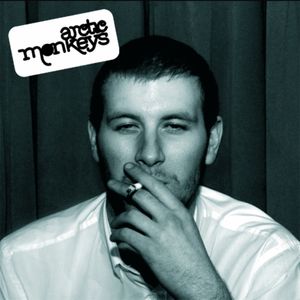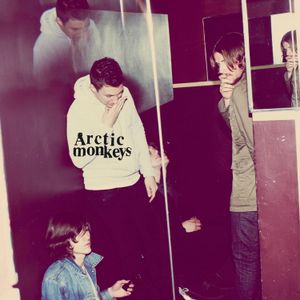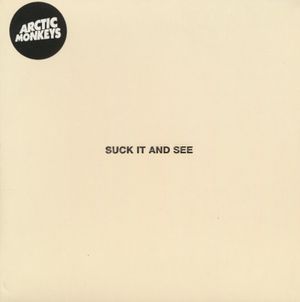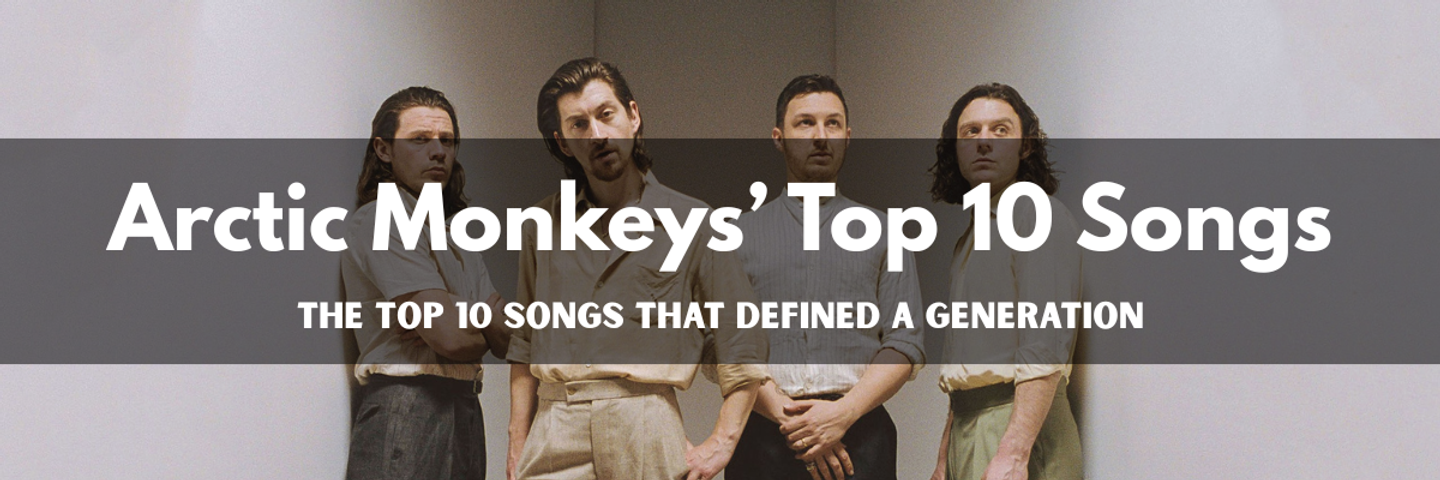

Arctic Monkeys
Follow Your Favorite Band Today!
Top Arctic Monkeys Community Posts
Story of Arctic Monkeys
Arctic Monkeys: From Sheffield Streets to Global Stardom
Born in the heart of Sheffield, England, in 2002, Arctic Monkeys stormed onto the music scene with a raw energy that resonated with a generation. Led by the charismatic Alex Turner (vocals), the band, completed by drummer Matt Helders, guitarist Jamie Cook, and bassist Nick O'Malley (who replaced founding member Andy Nicholson), became a poster child for the digital age. Their music, fueled by witty lyrics and a distinct Sheffield swagger, spread like wildfire through the internet, showcasing a new way for bands to gain attention.
Their debut album, "Whatever People Say I Am, That's What I'm Not," in 2006, wasn't just an instant success; it shattered records, becoming the fastest-selling debut album in British history. This critical darling, which topped the UK charts, cemented their status as a force to be reckoned with. The accolades kept coming, with the album winning "Best British Album" at the 2007 Brit Awards and achieving iconic status as one of the greatest debut albums of all time.
Their momentum didn't slow down with "Favourite Worst Nightmare" in 2007, another critically acclaimed album that replicated the success of their debut by winning "Best British Album" at the 2008 Brit Awards. While "Humbug" (2009) and "Suck It and See" (2011) further solidified their place in the rock world, it was their fifth album, "AM" (2013), that propelled them onto the global stage.
The album's undeniable energy and hit single "Do I Wanna Know?" dominated charts worldwide, achieving platinum status in the US and solidifying their international appeal. From their humble Sheffield beginnings, Arctic Monkeys have become a global phenomenon, leaving an undeniable mark on contemporary rock music.
Frequently Asked Questions
Bands you may like
More Alternative Rock Bands
Discover more bands in the Alternative Rock genre and explore the diverse sounds that define this musical style.
Browse All Alternative Rock BandsMore Bands from United Kingdom
Discover the rich musical heritage of United Kingdom and explore bands that represent the country's unique sound and culture.
Browse All United Kingdom Bands







